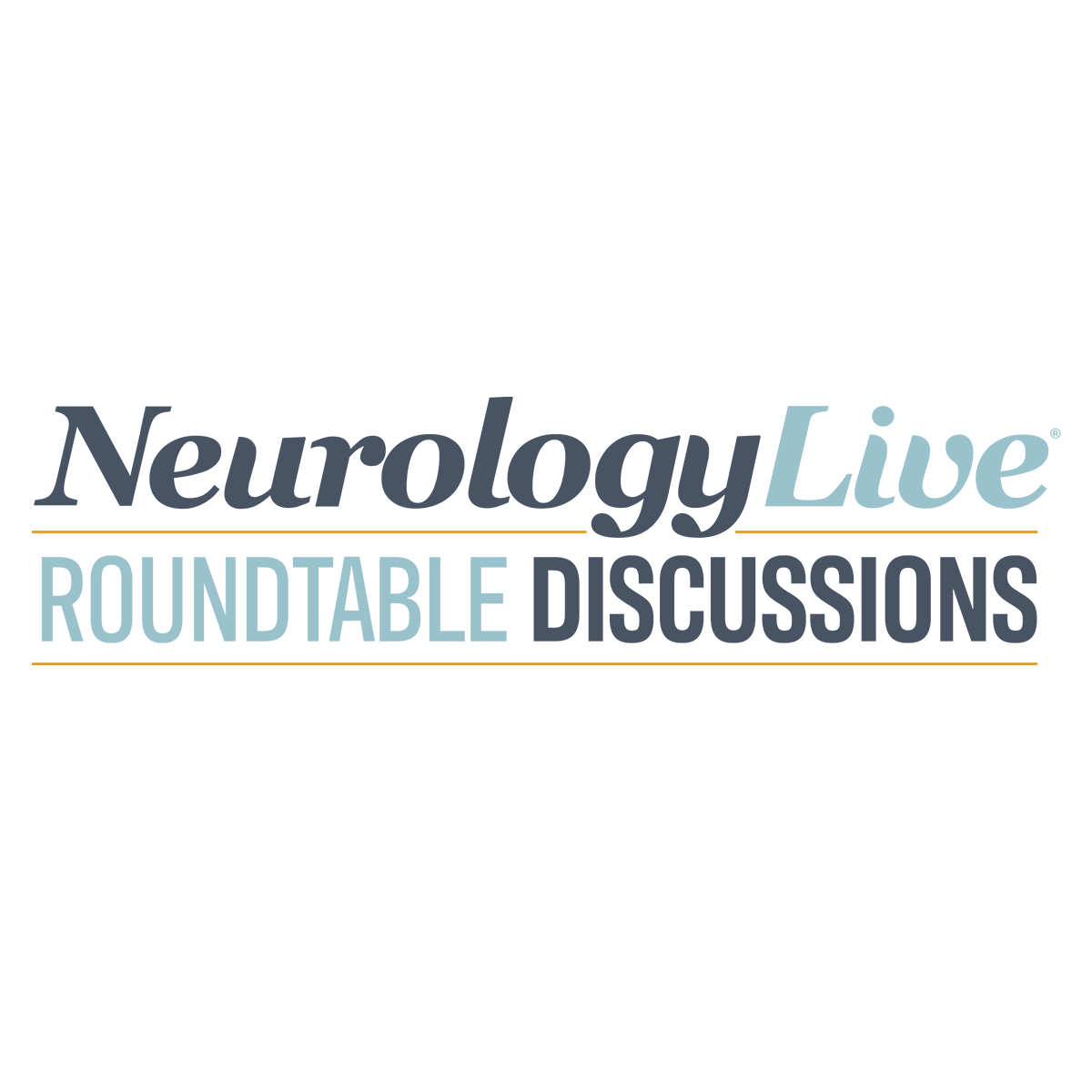
Agenda, Sessions, and Educational Goals of the 2024 AUPN Annual Meeting

The duo provided insight on a number of key sessions clinicians and neurology educators should attend at the upcoming AUPN Annual Meeting.
The AUPN held its first official meeting on June 12, 1967, in Atlantic City, New Jersey, led by interim chairman Dr. Maynard Cohen. This meeting established the Constitution and Bylaws and elected the initial Board of Trustees, comprising Dr. Cohen, Dr. David Daly, Dr. Erland Nelson, Dr. David Clark, and Dr. Norman Geschwind. Following the formal adoption of the Articles of Incorporation and Bylaws in 1968, the organization's initial officers were elected, with Dr. Cohen serving as the first president.
The organization began its activities in June 1968, addressing various issues such as relationships with the Council of Academic Societies, evaluation of training programs, the impact of federal programs on neurologist training, and research funding. Major concerns for AUPN included legislative issues, representation of neurology, curriculum development, and maintaining communication with key medical organizations. Notable efforts included advocating for the reinstatement of the internship requirement for neurology certification and developing the Neurology Matching Program (NEMP) to streamline resident recruitment and appointments.
On September 14th, the organization will host its first-ever annual meeting, held at the Hilton Orlando Convention Hotel in Orlando, Florida. The AUPN Annual Meeting takes place in conjunction with the 149th Annual Meeting of the American Neurological Association (ANA). Prior to the meeting, NeurologyLive® hosted a panel discussion featuring John England, MD, current president of AUPN, and Lisa Merlin, MD, FAAN, FANA, one of the organizers of the meeting.
In this segment, England and Merlin provide an overview of the major sessions and educational courses available at the upcoming meeting. England, who also serves as the Richard M. Patterson Professor and chair of neurology at the LSU Health Science Center School of Medicine, and Merlin, who is the Distinguished Professor and vice chair for education at Downstate Health Sciences University, gave clarity on how these sessions are pertinent to a neurology audience, and the lessons that may ultimately be passed down to future neurology leaders.
For more information on attending the meeting,
Transcript is edited below for clarity.
Lisa Merlin, MD: I am running a couple of these courses. For the program director session, we have a workshop for program directors specifically, and that one is going to focus on the struggling resident. All of us program directors have come across one sort of struggling resident [in our line of work]. Residents have to meet six competencies, and inevitably, we come across a resident who is having some sort of difficulties. We will be addressing all kinds of issues in that regard, including legal issues, as well as how to be empathic and supportive, and how to try to help remediate whatever situations we're dealing with, be it academic or mental health, substance use, the whole gamut of problems that we come across. And unfortunately, when it is time for a resident not to be renewed, how to support that resident and his or her transition to a new career path. That's one of the opportunities for program directors.
John England, MD: That's an important program among the many other sessions that we are going to be offering. Another very important session is on teaching neurosciences across the education continuum. This is not only geared to teaching neurosciences to our residents, our fellows, and our young faculty, but [also] medical students, because they are really the future of medicine. We also have a special workshop on clerkship direction and career development for clerkship directors. One of the things that happens in academic medicine, just like any other sort of business, is that there are various levels of responsibility in a department. And so, one of the ways that leaders start is with clerkship direction or program direction, and then they can move on up to even higher levels within an academic medical center.
I believe that focusing on women leaders and trying to do everything we can to bring more women into medicine and neurology [is important], and I think we're doing a pretty good job about this, but we need to have more women, particularly in leadership positions. I think we've done a pretty good job of recruiting women into neurology, but at the top tier levels of chairs, we need more women representation.
Lastly, there's going to be a new chairs Roundtable discussion, which I’m part of, where we're going to try and give new chairs some advice about how to maneuver in this complicated world of academic medicine, which has become increasingly business oriented. At the AUPN business meeting, which is usually the part where people drop out, I encourage people to come, because we're actually going to talk about many important issues. We have an important part this year where we are going to give awards to faculty leaders in departments of neurology who were nominated by members of their own department. All of us should come and recognize these outstanding people for what they do.
Lisa Merlin, MD: I'm very excited about many of those sessions that you just mentioned, John. I look forward to attending them myself.
Newsletter
Keep your finger on the pulse of neurology—subscribe to NeurologyLive for expert interviews, new data, and breakthrough treatment updates.











